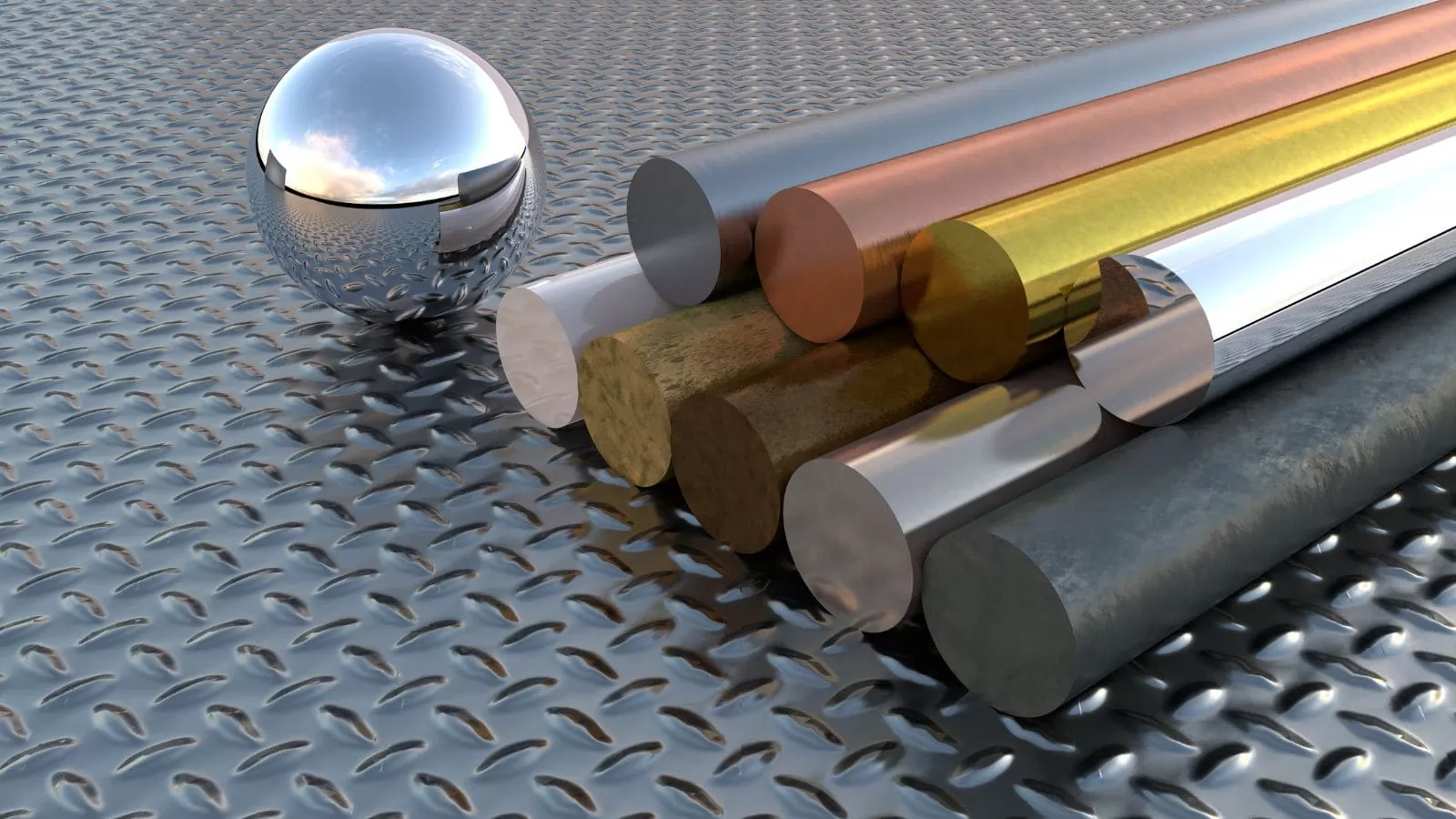When making metal parts, accuracy and strength are very important. Companies can’t risk using low-quality parts because they affect how well machines work and how long they last.
This is why expert casting is so valuable. By using modern tools and materials, manufacturers can create strong, reliable, and cost-effective parts.
As industries need more complex metal components, precision casting becomes even more important.
Understanding Expert Casting
Expert casting uses advanced methods to make metal parts using molds. This process allows for detailed designs and smooth finishes, making sure each piece meets the required standards.
There are different types of casting, such as:
- sand casting
- investment casting
- and die casting
Each method has its own benefits, giving manufacturers options to choose the best one for their project.
Advantages of Precision Casting Services
Precision casting has many benefits for industries like automotive, aerospace, and jewelry. One major advantage is that it can create very detailed and complex designs that other methods can’t easily make. It also uses materials efficiently, reducing waste and saving money while helping the environment.
Because of its high accuracy, precision casting produces parts that are consistent and high in quality. It can also use many different materials, such as:
- steel
- aluminum
- and superalloys
So, start to look for precision casting services that is efficient and reliable modern manufacturing.
Key Techniques in Precision Casting
In the realm of expert casting, a few notable techniques stand out:
Investment Casting
Investment casting, also called lost wax casting, is known for making parts with very accurate shapes and smooth surfaces. In this process, a wax model is covered with ceramic and then melted away, leaving a mold shaped exactly like the part. Manufacturers use this method when they need detailed designs and strong parts that require little finishing work.
Sand Casting
Another widely used method is sand casting, which utilizes sand as a mold material. This traditional approach remains popular due to its flexibility and cost-effectiveness, particularly for large-scale production runs. Although sand casting may not offer the same precision as investment casting, it is ideal for simpler geometries and larger items.
Die Casting
Die casting involves injecting melted metal into a mold using high pressure. This process lets manufacturers make parts with fine details and exact measurements, which is ideal for producing large quantities. It’s commonly used in industries like automotive, where parts need to be strong and consistent.
The Role of Quality Control in Precision Casting
Precision casting, also called investment casting, is an important process used in industries like aerospace, automotive, and medical. It requires great accuracy and care to make complex and detailed parts. Quality control plays a big role in this process.
It makes sure that every step-from choosing materials to finishing the product-meets the right standards. By carefully checking each stage, manufacturers can spot and fix any problems early. With strong quality control, precision casting can produce reliable, high-quality products that keep customers satisfied.
Enhancing Industrial Performance with Expert Casting
In today’s competitive industries, expert casting is key for manufacturers who want top-quality results. Precision casting offers the accuracy, strength, and consistency needed to make reliable metal parts.
By choosing skilled casting suppliers that use modern methods and strong quality control, companies can improve efficiency and product performance. Investing in precision casting services can make a real difference in manufacturing success.
Looking for more tips and advice? You’re in the right place! Make sure to bookmark our page and come back to check out more interesting articles.
Rao Waqas is a passionate content writer who crafts engaging and insightful articles across diverse topics, helping readers stay informed and inspired.

